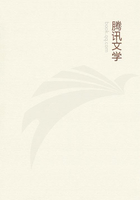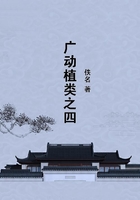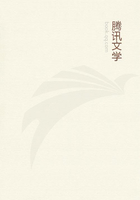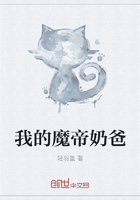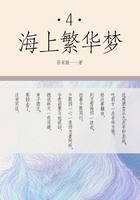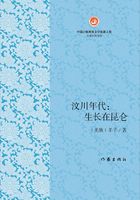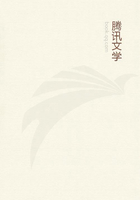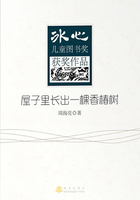On this issue all the forces both of the Government and the opposition fought their concluding duel in which were involved all the other basal issues that had distracted the country since 1862. Naturally there was a bewildering criss-cross of political motives. There were men who, like Smith and Lee, would go along with the Government on emancipation, provided it was to be carried out by the free will of the States. There were others who preferred subjugation to the arming of the slaves; and among these there were clashings of motive. Then, too, there were those who were willing to arm the slaves but were resolved not to give them their freedom.
The debate brings to the front of the political stage the figure of R. M. T. Hunter. Hitherto his part has not been conspicuous either as Secretary of State or as Senator from Virginia. He now becomes, in the words of Davis, "a chief obstacle" to the passage of the Senate bill which would have authorized a levy of negro troops and provided for their manumission by the War Department with the consent of the State in which they should be at the time of the proposed manumission. After long discussion, this bill was indefinitely postponed. Meanwhile a very different bill had dragged through the House. While it was under debate, another appeal was made to Lee. Barksdale, who came as near as any one to being the leader of the Administration, sought Lee's aid. Again the General urged the enrollment of negro soldiers and their eventual manumission, but added this immensely significant proviso:
"I have no doubt that if Congress would authorize their [the negroes'] reception into service, and empower the President to call upon individuals or States for such as they are willing to contribute, with the condition of emancipation to all enrolled, a sufficient number would be forthcoming to enable us to try the experiment [of determining whether the slaves would make good soldiers]. If it proved successful, most of the objections to the measure would disappear, and if individuals still remained unwilling to send their negroes to the army, the force of public opinion in the States would soon bring about such legislation as would remove all obstacles. I think the matter should be left, as far as possible, to the people and to the States, which alone can legislate as the necessities of this particular service may require."
The fact that Congress had before it this advice from Lee explains why all factions accepted a compromise bill, passed on the 9th of March, approved by the President on the 13th of March, and issued to the country in a general order on the 23d of March.
It empowered the President to "ask for and accept from the owners of slaves" the service of such number of negroes as he saw fit, and if sufficient number were not offered to "call on each State ...for her quota of 300,000 troops...to be raised from such classes of the population, irrespective of color, in each State as the proper authorities thereof may determine." However, "nothing in this act shall be construed to authorize a change in the relation which the said slaves shall bear toward their owners, except by consent of the owners and of the States in which they may reside and in pursuance of the laws thereof."
The results of this act were negligible. Its failure to offer the slave-soldier his freedom was at once seized upon by critics as evidence of the futility of the course of the Administration. The sneer went round that the negro was to be made to fight for his own captivity. Pollard--whose words, however, must be taken with a grain of salt--has left this account of recruiting under the new act: "Two companies of blacks, organized from some negro vagabonds in Richmond, were allowed to give balls at the Libby Prison and were exhibited in fine fresh uniforms on Capitol Square as decoys to obtain recruits. But the mass of their colored brethren looked on the parade with unenvious eyes, and little boys exhibited the early prejudices of race by pelting the fine uniforms with mud."
Nevertheless both Davis and Lee busied themselves in the endeavor to raise black troops. Governor Smith cooperated with them. And in the mind of the President there was no abandonment of the program of emancipation, which was now his cardinal policy. Soon after the passage of the act, he wrote to Smith: "I am happy to receive your assurance of success [in raising black troops], as well as your promise to seek legislation to secure unmistakable freedom to the slave who shall enter the Army, with a right to return to his old home, when he shall have been honorably discharged from military service."

